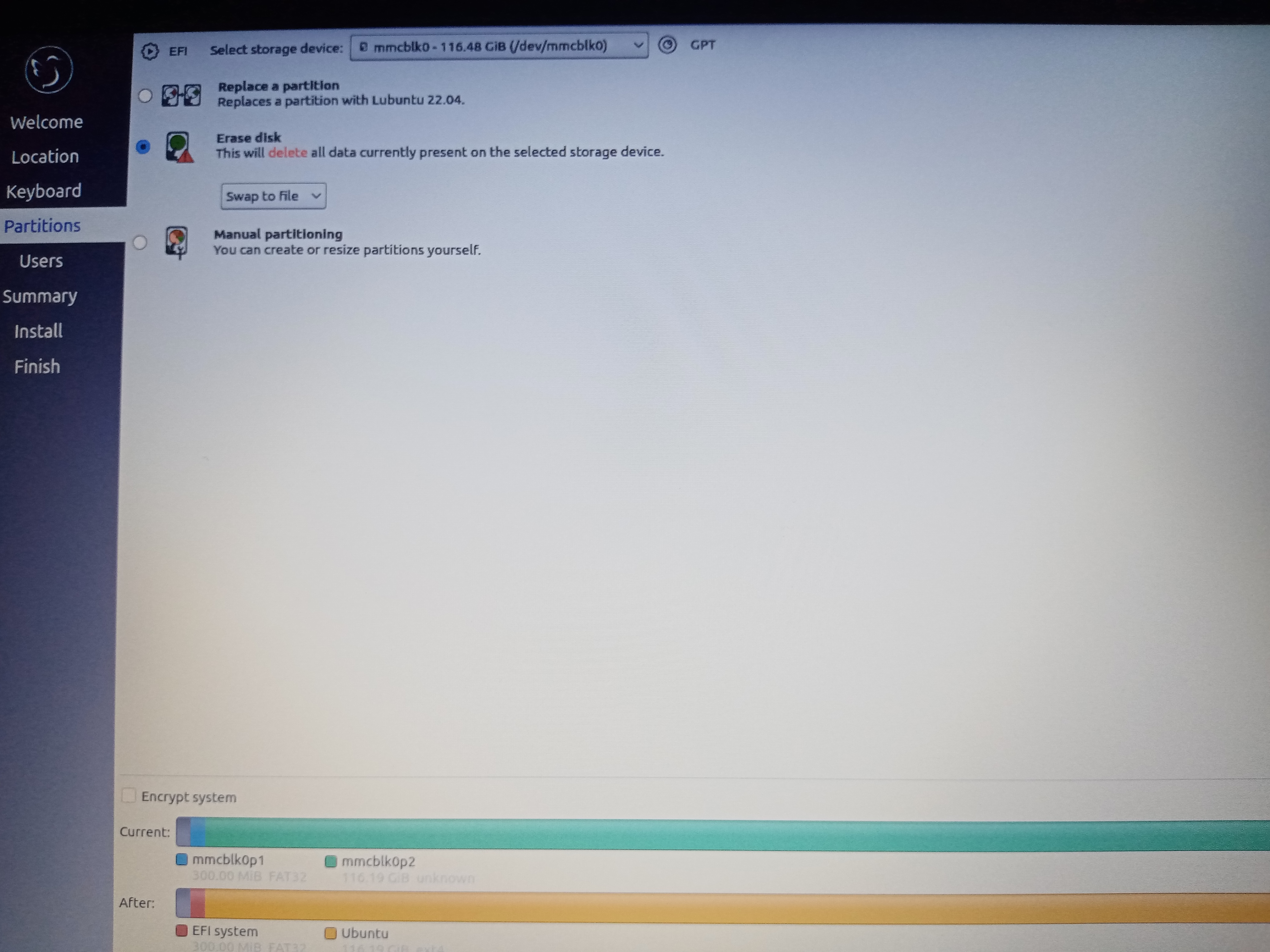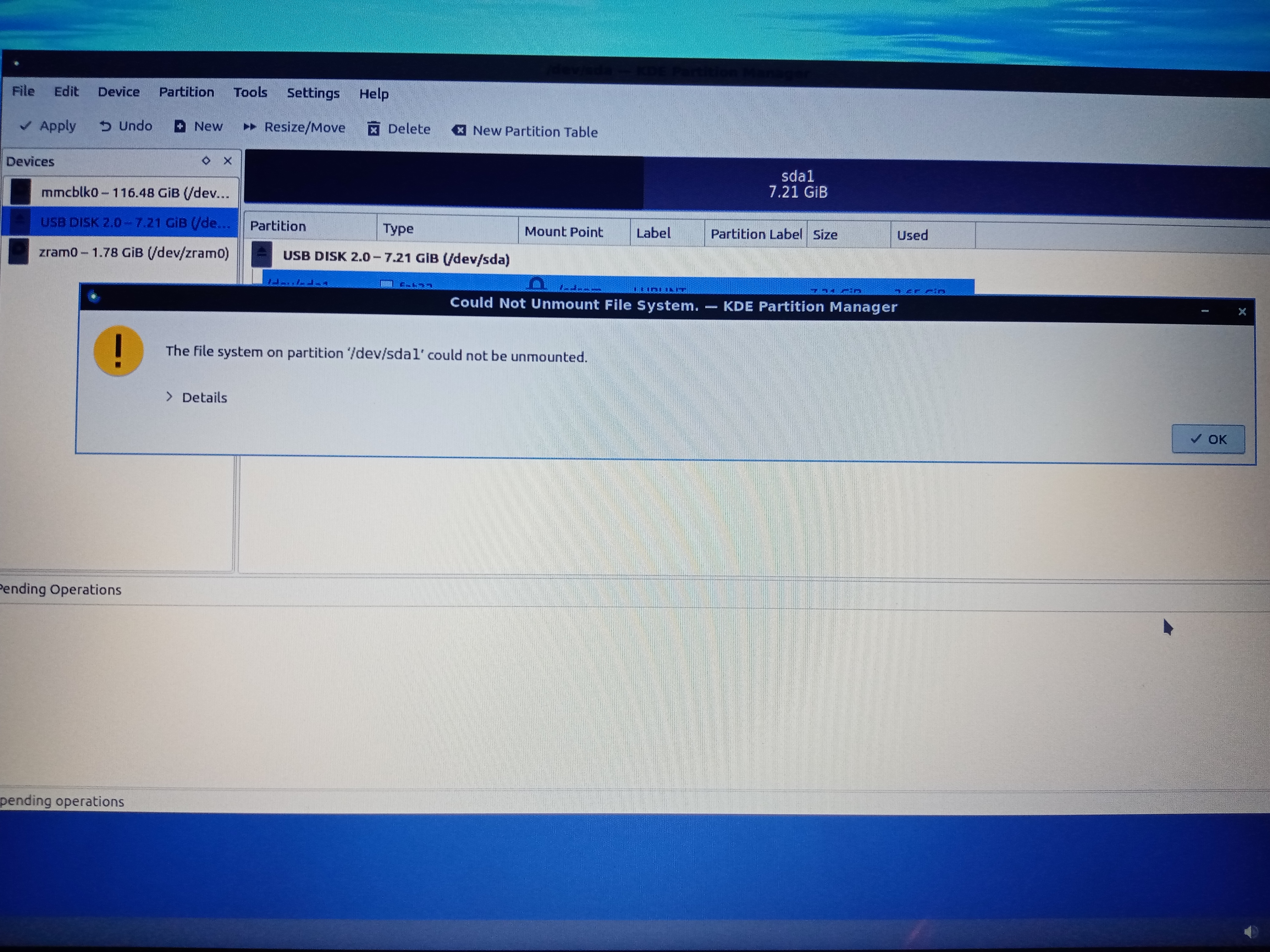I recently bought a cheap&small office laptop with intention of taking it with me and completing assignments in public places. Problem is, it chokes up and dies when running more than eight tabs on firefox. I also tried k-meleon, it has great performance but the UI is ancient and many websites that I need dont support it.

Windows 11
The laptop choking doesn’t have to do only firefox, Windows runs a crapton of stuff on the background that is not trivial to control. If the intention of the laptop is to complete assignments and you only need a browser and some text editing software, you could go for some lightweight linux distro. Something like Lubuntu is really easy to install, will suport almost any software you require and its super lightweght.
Getting to the browser I’d recomend Librewolf too since its a fork of Forefox with less bloat and works great out of the box. Being based on FF it will feel familiar.
Moving to linux might sound scary at first, but its way easier than it looks and its well worth the effort.
A little help?

Wow! Kudos on just jumping to it haha!
You probably want to just delete everything in the hard drive and NOT partition manually unless you know what you are doing. The other problem seems like a specific problem the installer ran into when partitioning the druve, are you still getting it? Asking because you posted a while ago, but I can help you fix it in like an hour.
I cant delete dev/mmcblk0p1 through partition manager either. Ive read that I have to unmount USB or something along the lines but I cant do that too.

Sounds like a promising setup. Did Librewolf have uBlock Origin?
Out of interest, what’s the security like on Linux in general and Lubuntu in particular?
Librewolf comes ublock out of the box, yes.
Regarding security it is a bit of a broad question, but it more often than not comes down to software update frecuency. Being based on Ubuntu, one of the most heavily supported distros, updates should come quite often. Therefore I don’t think security is a problem in this case. If you are going to move often with the laptop you might want to ensure the hard drive is encrypted, but that should be straight forward to do. I can look for some resources if anyone is interested in giving it a try.
That’s interesting, thanks. That is what I was asking, too.
OSX and Windows are sold as secure operating systems. (They may not be that secure in practice, but they impliedly promise that if users keep the OS updated, they won’t be ‘hacked’ or get viruses.) Apple and Microsoft can likely access user data, but they probably won’t willingly leave in back doors for fraudsters. With Linux, though, I’ve never been sure whether developers have a similar power as Apple or Microsoft and if they do, why should Linux developers be trusted more than Apple or Microsoft. Is it only because the Linux source code is open to scrutiny by the community of users? Or do they have firewalls and malware protection, etc, built in (sounds like librewolf does, with uBlock built in, as this cuts out ads, etc, as a ‘way in’). Or is Linux secure for another reason?
Another issue is whether it would be safe to e.g. internet shop on a Linux distro? What are the chances of someone intercepting bank details? Is it the same as for the commercial OS’s? I.e. that ‘ordinary’ security measures are what keep data safe, such as only using secure sites, sandboxing PDFs, disabling JavaScripts, and not opening dodgy executables?
I’m incredibly cautious about what I’ll download or open (files and links), and even more so on Windows. Is the same level of caution / paranoia needed on a Linux distro? Or is it closer to OSX, where the smaller numbers mean that people don’t bother so much with malware, etc, because developers would get more return for their effort by targeting Windows?
Sorry for the barrage of questions!
No problem for the questions, happy to help where I can, I’ll do my best answering them :)
When it comes to the separation between OSX/Windows and linux I believe the most important bit is where the trust is placed. For the proprietary ones you have to trust what the companies tell you, for linux/BSD and other free software you can look at the code or trust that other people have done that if you can’t. Is not that linux devs are more trustworthy than Microsoft/Apple devs, is that they don’t need to be. So yeah, kind of only because of the open source nature of it. In relation to firewalls and security, there are plenty of options to install on linux, open and closed source. But you will have to do that yourself.
On the matter of security itself its important to differentiate between the OS security and the software that you run. The security of your browser doesn’t depend on whether it runs on linux or windows, but on the browser itself and what you do with it. So shoping on linux, since you do it from the browser, is in principle equal independentely of OS. For the OS itself, not only its as safe, but in cases like QubesOS, it’s generally agreed upon that is degrees of magnitude safer. And in other cases it mostly comes down to your usage of the computer and what security meassures you add to it. The difference is that in Linux you get to decide which are those.
On the topic of downloading OS images, most of them have cryptographic signatures that will allow you to verify that you downloaded the real thing. People that know how computers and the internet work underneath tend to be paranoid as well so there are verified methods to be PRETTY sure about these things.
I hope I helped clarify a bit, but as you can see there is a world of depth to these topics and we are only scratching the surface here. I strongly encourage everyone to give it a try, there are lots of resources online that can help you get a pretty good understanding without needing to know code.
Thanks for the helpful reply. I might try to source an old machine and give Linux a go.
deleted by creator